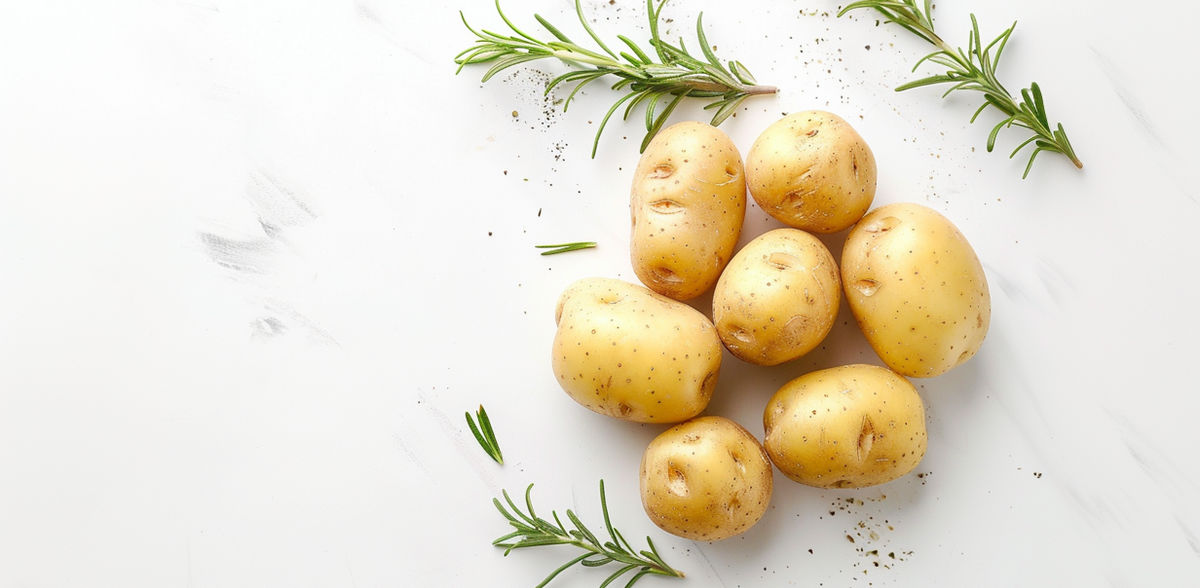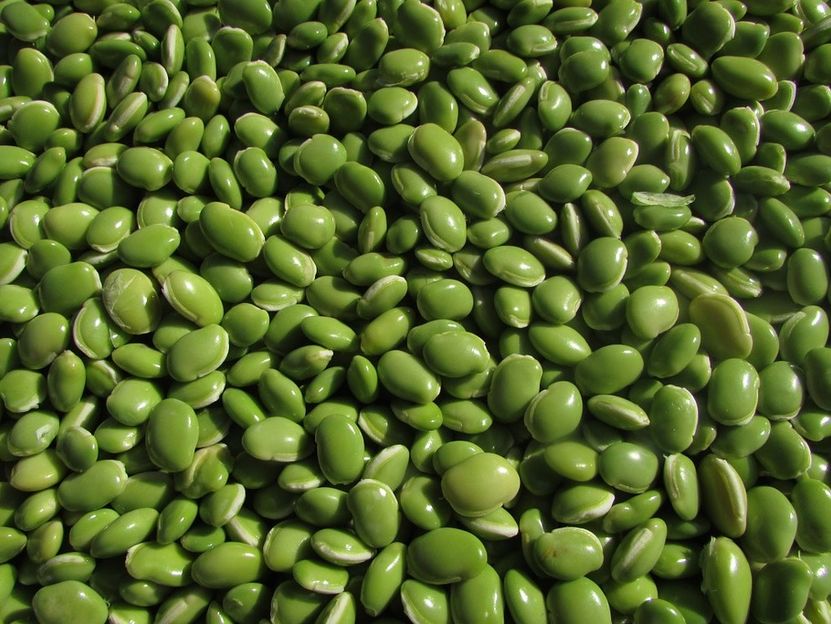A game changer for the potato industry discovered
Researchers solve crucial cold-induced sweetening problem in potato production
Advertisement
According to a new study published in a leading international society journal published by the American Society of Plant Biologists, a small genetic element is the cause of a major production problem in potatoes.
“Our manuscript reveals the mystery of “cold-induced sweetening” (CIS), the most troublesome and expensive problem for the potato processing industry,” explained Jiming Jiang, Corresponding Author of “Molecular dissection of an intronic enhancer governing cold-induced expression of the vacuolar invertase gene in potato” published February 20 in The Plant Cell. “Interestingly, it is controlled by a 200-bp sequence hidden in an intron of the potato vacuolar invertase gene.”
Potatoes, one of the most widely consumed and produced food crops worldwide, are typically stored for many months after the harvesting season. Farmers use cold temperatures to mitigate diseases, sprouting and softening.
However, another physiological process occurs when potatoes are exposed to cold. Cold temperatures encourage tubers to turn starch into sugar. When those potatoes are removed from storage and fried, accumulated sugars cause them to produce acrylamide and turn an undesirable dark brown-black color.
In the study, Jiang and co-authors identified several DNA motifs in the 200-bp sequence that bind transcription factors involved in the plant cold stress response. The researchers found mutating these small, specific sequences significantly decreased the cold-stress response in the potatoes.
This discovery solves a long-standing agricultural problem and sets the groundwork for easily improving it with gene editing.
“I was hired as a potato breeder by the Department of Horticulture, University of Wisconsin-Madison in 1995,” added Jiang. ”Improving the CIS trait, based on traditional breeding as well as biotech approach, was one of the top goals for the breeding program.”




























































